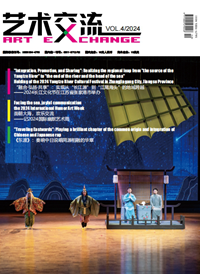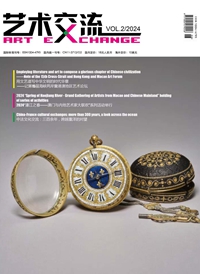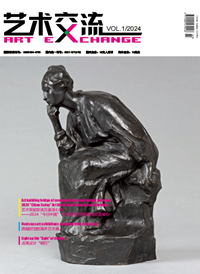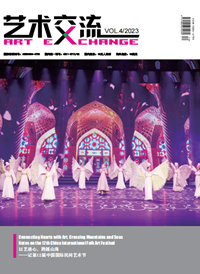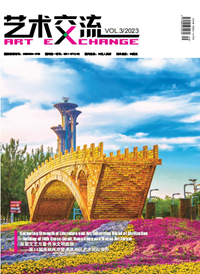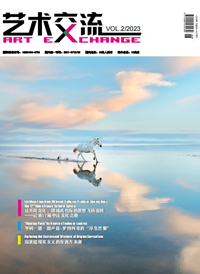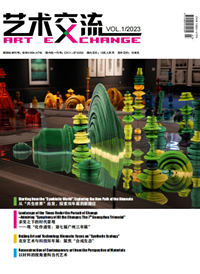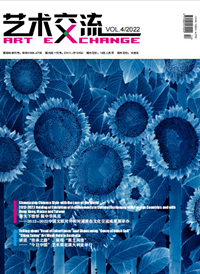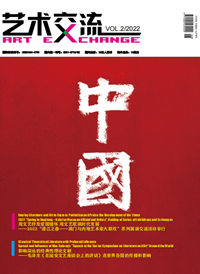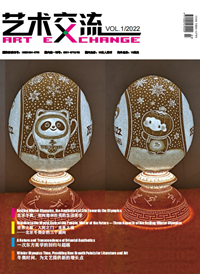Bruce Willis’s mob hit-man travels to the future in next year’s movie “Looper.” Thanks to backing from Beijing’s DMG Entertainment, that future is in China.
“We are trying to be relevant to a significant market,” said DMG Chief Executive Officer Dan Mintz by telephone from Beijing. “The industry is growing like a rocket ship.”
Looper is one of a rising wave of Sino-U.S. productions as Hollywood looks to expand in a market that’s adding more than 1,400 cinema screens a year. The 2010 remake of “Karate Kid,” starring Jackie Chan and Jaden Smith, was produced by Sony’s Columbia Tristar and state-owned China Film Group. Fox Searchlight and Beijing-based IDG China Media teamed up for “Snow Flower and the Secret Fan,” which lists Wendi Deng Murdoch as an executive producer. Walt Disney Co. (DIS) and Universal Studios Inc. have made Chinese co-productions.
“Everyone is coming in to join the bandwagon,” says Hong Kong-based Bill Kong, who co-produced the 2000 hit “Crouching Tiger, Hidden Dragon,” directed by Ang Lee. “Ten years ago if you made $3 million in China you would be jumping up and down. “Today it’s more like one or two hundred million.”
Box office receipts in China grew 64 percent last year to 10.2 billion yuan ($1.6 billion), according to the State Administration of Radio, Film and Television. While that’s still a fraction of the $10.6 billion receipts in the U.S., according to Box Office Mojo, it’s one of the biggest potential growth markets for Hollywood. U.S. ticket sales fell 0.3 percent in 2010.
China’s cinema-building will more than double the number of screens by 2015, from 6,200 at the end of 2010, says Mintz. At the end of 2009, the U.S. had 39,233 screens, up from 36,435 in 2004, according to the National Association of Theater Owners.
In many of the new cinemas, the Hollywood influence is visible at more than the box office. On a recent Thursday at the 9-screen Wanda Cinema in downtown Beijing, opened in 2006, fans lined up in the marble-floored lobby for 160 yuan ($25) tickets to “Transformers 3” or the latest Harry Potter film in 3-D Imax. They bought Starbucks coffees or popcorn and Coke overlooked by murals of Fred Astaire and the Empire State Building.
China is now the second-largest market for Mississauga, Ontario-based Imax Corp. (IMAX), maker of digital projection and sound equipment. The number of Imax theaters in China will rise to 85 this year, from 40 at the end of 2010, Richard Gelfond, chief executive, said in a July 25 news release.
“China is keen on promoting its soft power,” Shen Dingli, professor at the Center for American Studies at Shanghai’s Fudan University said in a telephone interview. Joint productions serve “the political purpose to promote our culture and systems with Hollywood’s competence.”



